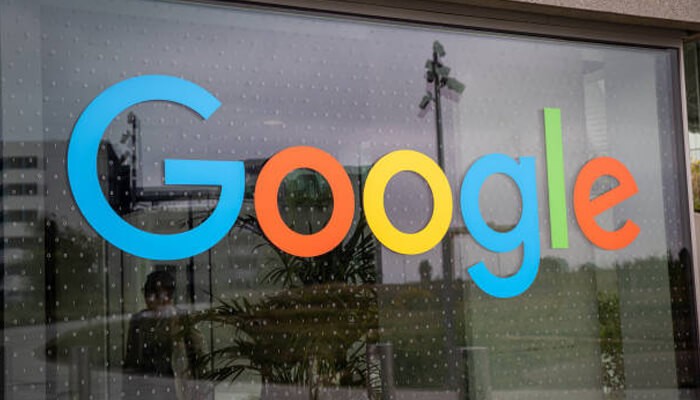A long-awaited judicial confrontation that could transform one of the most powerful platforms on the internet will begin on Tuesday when Google goes up against government officials who claim the corporation violated antitrust laws in its vast search business.
The conclusion of two ongoing cases against Google that began during the Trump administration will be reached during the trial that will begin this week in Washington before a federal judge. The actions are the largest monopolization lawsuit the country has seen since the US government sued Microsoft in the 1990s, according to legal experts.
By allegedly harming competition through agreements with wireless carriers and smartphone manufacturers that made Google Search the default or the only option on products used by millions of consumers, the Justice Department and dozens of states, among others, accused Google of abusing its dominance in online search in separate complaints filed in 2020. The allegations were ultimately combined into one case.
According to Google, it competes on the basis of merit and customers favor its tools because they are the best, not because it has taken steps to unjustly limit competition. More than half of the $283 billion in sales and $76 billion in net profits that Google’s parent company, Alphabet, reported in 2022 came from the search division. The company’s growth to a market capitalization of over $1.7 trillion has been powered by search.
In a multiweek trial that may completely alter how Google distributes its search engine to customers, the business is now preparing to defend itself. High-profile witnesses, including former Google, Samsung, and Apple executives, including senior vice president Eddy Cue, are anticipated to testify in the case.
It is the first case in a series of legal battles against Google’s expansive economic influence to go to trial, putting the courts’ willingness to rein in big digital platforms to the test.
According to Google President of Global Affairs Kent Walker, “This is a retrograde case at a time of extraordinary innovation, including innovations in AI, new apps, and new services, all of which are generating more competition and more options for people than ever before. People use Google out of choice; they don’t do so out of necessity. Changing your default search engine is simple now that dial-up internet and CD-ROMs are both a thing of the past.
The US government claimed in its initial complaint that Google pays billions of dollars annually to device makers like Apple, LG, Motorola, and Samsung, as well as browser developers like Mozilla and Opera, to be their default search engine and, frequently, to prevent them from doing business with Google’s rivals.
This leads to “Google effectively owning or controlling search distribution channels accounting for roughly 80% of the general search queries in the United States,” according to the complaint.
The lawsuit claims that Google’s agreements with device manufacturers for its Android operating system are anticompetitive since they require smartphone manufacturers to pre-install other Google-owned programs like Gmail, Chrome, or Maps.
US antitrust experts warned that Google’s actions could jeopardize future innovation or the creation of a Google competitor when the complaint was first launched, but they did not completely rule out the possibility of a Google separation.



